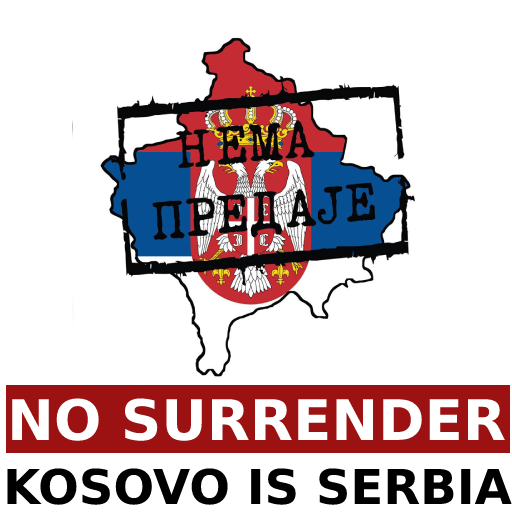English Language Grammar
English grammar is the way in which meanings are encoded into wordings in the English language. This includes the structure of words, phrases, clauses, sentences, and whole texts.
Grammar, Dictionary, Definitions, Meanings, Synonyms, Phrasal Verbs and much more
The Open Dictionary refers to a dictionary or lexicon that is open to contributions from the public. It is similar to a traditional dictionary in that it provides definitions of words, but it differs in that anyone can submit new entries or edit existing entries.
The goal of an open dictionary is to provide a collaborative and constantly evolving resource that reflects the current use and understanding of language by its speakers. Entries can be added, modified, or deleted by anyone with access to the platform, allowing for a more democratic and inclusive approach to language definition and representation.
The Top Ten Grammatical Mistakes in Academic Writing and How to Correct Them
Introduction Academic writing can be challenging, but it is crucial to communicate ideas effectively. Instructors grade not only on content but also on how well students express their ideas. Errors in grammar or punctuation can be distracting, reducing the quality […]
The sounds of English
When writing English we use the 26 letters of the alphabet. Spoken English has more than 26 sounds though. There are roughly 44 different sounds.
The Past Perfect Progressive Tense
The construction of the past perfect progressive tense: had + been working The past perfect progressive tense denotes past activity which had been going on for some time before another past activity took place. Examples We had been running […]
The Plural of Nouns
In the English language nouns are divided into countables and uncountables according to whether they can be counted or not. Countables Uncountables student bread dog butter flower happiness table love As a rule the indefinite article a/an precedes only […]
The definite article before ordinal numbers
The definite article also is used before ordinal numbers. Examples : The definite article before numbers Thursday is the fourth day of the week. The twentieth first century. the first the second the third the fifth the eighteenth the […]
Verb Formations
Verb Formations | Verbs ending in -y preceded by a consonant change -y into -ie before -s in the 3rd person singular of the simple present Language Grammar, Dictionary, Definitions, Meanings, Synonyms, Phrasal Verbs and much more
The Present Perfect
The Present Perfect is also used for an activity beginning in the past – which is indicated by an adverbial phrase of time – and continuing..
Articles
There is no doubt that articles are adjectives since they modify the nouns after them. But articles have some special significance as determiners. Articles determine the standard of nouns.
Used – Past Time
Used refers to a past practice or habit or state and is often used to indicate that something was done or existed in the past that is not done or does not exist at the present
The Present Progressive Tense
The present progressive is used for an activity taking place at the moment of speaking. Examples of The Present Progressive Tense
Indirect Commands
The direct imperative is replaced by the to-infinitive in the reported speech. Therefore most often used verbs in the main sentence are ..
Defective Verbs + Perfect Infinitive
When defective verbs are followed by have + past participle, they indicate a past action. That action was not fulfilled or other way round.
All right and alright
The standard spelling is all right, but alright is more common although many people consider it incorrect.
Check This TipBeat and win
Difference between Beat and Win ! You can beat someone in something. Beat is usually followed by an object which refers to the person you are playing or fighting against. Example My friend always beats me at video games […]
Check This TipAll and every
How to use All and every in English Language ? Every is used with a singular noun.All is used with a plural noun.
Check This TipAcross and through
The difference between across and through is similar to the difference between on and in.
Check This Tip